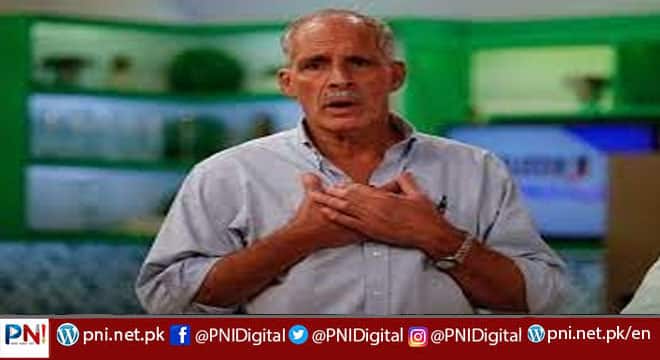Tegucigalpa, Nov 30 (AFP/APP):Honduras’s ruling rightwing National Party (PN) on Tuesday accepted defeat as partial election results showed leftist Xiomara Castro with a commanding lead over her rivals for the presidency.
With just over 52 percent of votes counted, former first lady Castro led with 53.49 percent compared to 33.98 percent for her nearest challenger, the conservative PN’s Nasry Asfura.
Hondurans are nervously awaiting final results of the election in which Castro of the LIBRE party set her sights on becoming Honduras’s first-ever woman president.
It came four years after presidential elections marred by fraud claims and violence.
“Today you can see the climate of peace and tranquility in the country even if the National Party was not elected to head the government,” party official Kilvett Bertrand told Radio America on Tuesday.
“We wish every success to those who won the election.”
Castro, whose husband Manuel Zelaya was deposed from the presidency in a 2009 coup supported by the military, business elites and the political right, has already claimed victory.
On Sunday, she vowed to lead “a reconciliation government” in a country wracked by violent crime, drug trafficking, rampant corruption and large-scale migration to the United States.
Castro’s victory would break 12 years of PN rule and four decades of hegemony shared with the Liberal Party.
– ‘Largely calm and peaceful’ –
There have been no reports of violence related to Sunday’s vote, a far cry from the deadly protests that broke out when Juan Orlando Hernandez won a second successive term in a 2017 vote that the opposition said was stolen.
More than 30 people died as authorities cracked down on that month-long protest.
The EU on Tuesday welcomed the “largely calm and peaceful atmosphere” in which the latest vote took place, though the runup was marked by “unprecedented levels of political violence and intense polarization.”
An observer mission on the ground also noted “a number of deficiencies in the institutional management and preparation of the elections,” said a statement from the office of EU foreign policy chief Josep Borrell.
Vote counting has been slow, with the first half of ballots arriving at the National Electoral Council (CNE) in digital format while the rest must be physically delivered.
The campaign was bitter, with the National Party trying to attach a “communist” label to Castro and attacking her support for legalizing abortion and same-sex marriage, touchy subjects in deeply conservative Honduras.
Castro, in turn, branded Hernandez a “narco-dictator.”
Corruption and drug-trafficking scandals have engulfed Hernandez and many in his inner circle.
Asfura, for his part, was accused in 2020 of embezzling $700,000 of public money, and the so-called Pandora Papers linked him to influence-peddling in Costa Rica.
Some 59 percent of Honduras’s 10 million people live in poverty.
Unemployment jumped from 5.7 percent in 2019 to 10.9 percent in 2020, largely because of the coronavirus pandemic, according to a study by the Autonomous University.
Washington has been keeping a close eye on the election, with Honduras the starting point for waves of migrant caravans trying to reach the United States.
Follow the PNI Facebook page for the latest news and updates.









